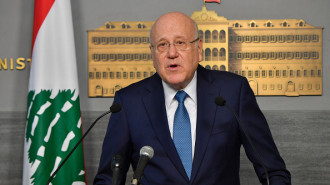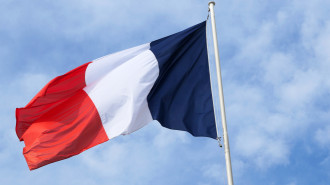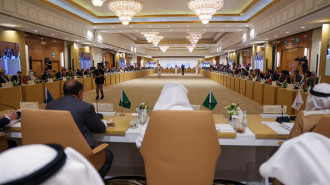UN draft resolution calls for Yemen truce, two weeks to unblock aid
The draft was circulated by the UK to the 14 other council members after hearing a report on Friday from a UN envoy working to arrange peace talks in Sweden to end the nearly four-year war.
The proposed resolution would significantly ratchet up the pressure on the Saudi-led coalition and the Houthi rebels to seek a negotiated settlement in Yemen, where millions are on the brink of starvation.
The draft text calls "on the parties to introduce a cessation of hostilities in Hodeida governorate, to end all attacks on densely populated civilian areas across Yemen and to cease all missile and UAV attacks against regional countries and maritime areas".
It also calls on warring sides to "facilitate the unhindered flow of commercial and humanitarian food, water, fuel, medicine and other essential imports across the country, including by removing within two weeks of the adoption of this resolution, any bureaucratic impediments that could restrict such flows".
The truce would go into effect on the day of the adoption of the resolution.
Under the proposed measures, UN Secretary-General Antonio Guterres would report to the council within two weeks on the cessation of hostilities.
The council said it was ready to "consider further measures" to support a political solution the war, the draft said.
The United Nations considers Yemen the world's biggest humanitarian crisis and has warned that without a stop to the fighting, the country will face one of the worst famines in decades.
The Red Sea port of Hodeida, which is controlled by the Houthis and is a key point of entry for aid and imports to Yemen, has seen heavy fighting over the past weeks.
The offensive sparked an international outcry over the fate of civilians trapped in the densely populated city as well as the port, which Yemenis across the impoverished country rely on for what little imports and aid reach the country.
Up to 80 percent of Yemen's food comes through Hodeida, and humanitarian groups have repeatedly warned that the Saudi- and UAE-led offensive could spark an even worse humanitarian crisis.
Half of Yemen's 28 million people are already at risk of famine, with three-quarters in need of humanitarian aid in the Arab world's poorest country.
Salaries to be paid within a month
The UN draft measure calls for a large injection of foreign currency into the economy through the central back to support the collapsing currency and for salaries of civil servants, teachers and health workers to be paid within one month.
It supports a series of confidence-building measures aimed at paving the way to peace talks including the release of prisoners, the re-opening of the airport in the rebel-held capital Sanaa to commercial flights and strengthening the central bank.
The warring sides are urged to engage with UN envoy Martin Griffiths, who is due to travel to Sanaa this week to finalise arrangements for the peace talks that he hopes to convene soon.
On Monday, Yemen's internationally-recognised government said it will take part in the talks, hours after the head of the Houthi rebel revolutionary committee, Mohammed Ali al-Houthi, said he was ready to freeze military operations.
"We announce an initiative to call all official Yemeni parties to ask to end launching rockets and drones against aggression countries... in order to deprive them for any reason to continue their aggression and siege, along a readiness to freeze and stop all military operations on all fronts in order to reach peace," he wrote.
Ali al-Houthi said his call for an end to missile and drone attacks was aimed at "supporting the efforts of the (UN) envoy and proving our good intentions", adding that the move comes after "our contact with the UN enjoy and his request to stop launching missiles and drones”.
President Abd Rabbo Mansour Hadi also "issued directives to back all efforts that guarantee the interests of Yemen in reaching sustainable peace" based on UN resolutions, a spokesman for the president said via the official Saba news agency.
UN Yemen Envoy Martin Griffiths - whose efforts at kick-starting peace talks collapsed in September - confirmed both the Saudi-backed government and the Houthi rebels have shown a "renewed commitment" to work on a political solution and have given "firm assurances" that they will attend the talks.
The Saudi-led coalition has been waging a war in Yemen since March 2015 to push back the Houthis and restore to power Hadi.
The rebels seized the capital Sanaa and Hodeida in 2014, prompting Saudi Arabia and its allies to intervene on the government's side.
More than 10,000 people have been killed since then, according to the World Health Organisation, in what the UN has called the worst humanitarian crisis.
But rights groups on the ground are adamant that the toll may be five times as high.
British Foreign Secretary Jeremy Hunt arrived Monday in Iran for the first time to discuss Tehran's role in Yemen, meeting with his Iranian counterpart Mohammad Javad Zarif.
Follow us on Twitter: @The_NewArab

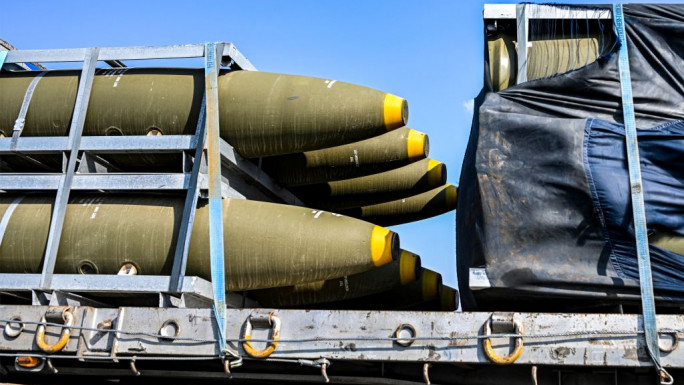
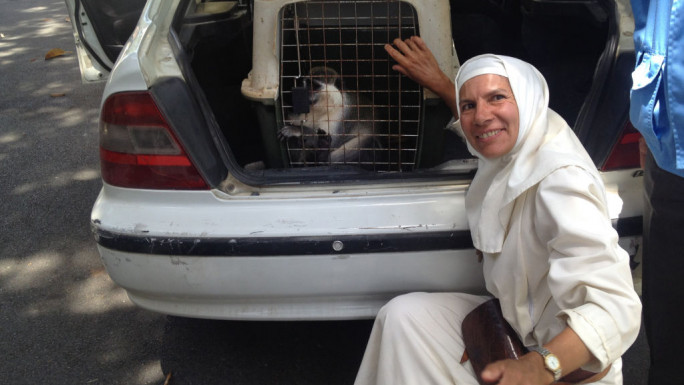
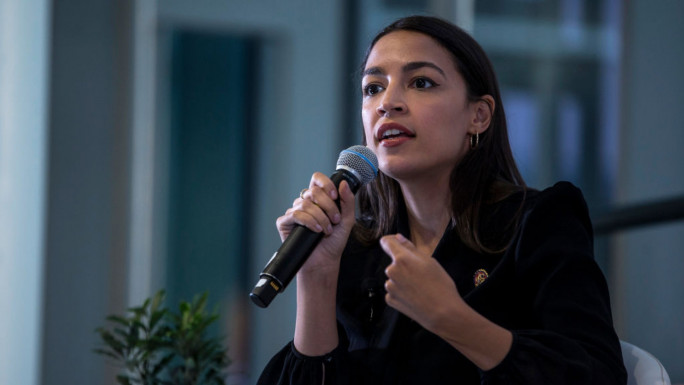
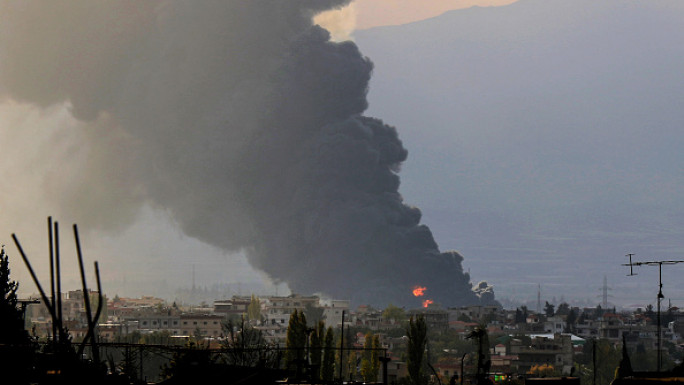
 Follow the Middle East's top stories in English at The New Arab on Google News
Follow the Middle East's top stories in English at The New Arab on Google News
